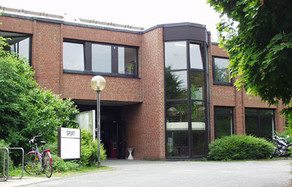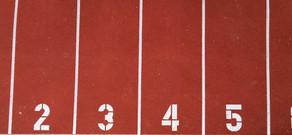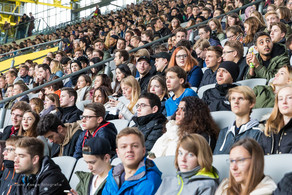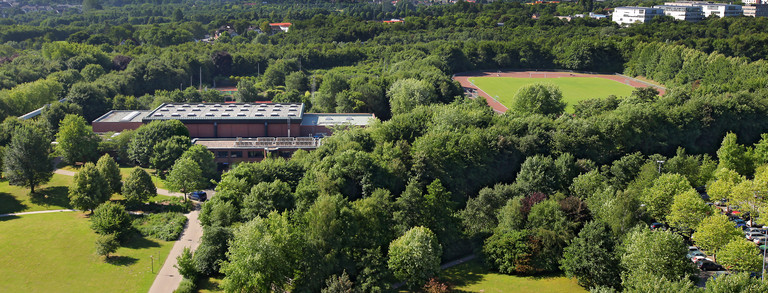Development and Learning
About us
Psychology is concerned with how people think, experience and behave. It looks at people of different ages, with and without special needs, people from different cultures, or people in different contexts. As a scientific discipline, it attempts to describe mental processes and to explain, predict and influence behaviour. Accordingly, sport psychology is concerned with behaviour and experience in the context of physical activity and is geared towards describing, explaining and influencing this behaviour and experience and applying the knowledge gained in practice.
Psychological theories and models claim to be able to depict human behaviour in general. This can shown, for example, when looking at decisions and judgements. If one is interested in how people make decisions - and possibly under pressure conditions, referees would be a prototypical case: they have to analyse complex situations and make and communicate decisions under time and audience pressure. Given this assumption, sport provides a special framework for investigating the laws of human behaviour.
In addition to theories and models for describing development and learning in the various fields of physical activity and sports, the department 5 is primarily concerned with questions that deal with the mental regulation of motor actions especially with regard to developmental specificities. Beyond basic findings on information intake, processing and storage in connection with the acquisition, consolidation and application of movement actions, the focus is on investigating the experience and behaviour of individuals in connection with sports situations. Developmental changes in behaviour and experience in sport are related to the different ages.







